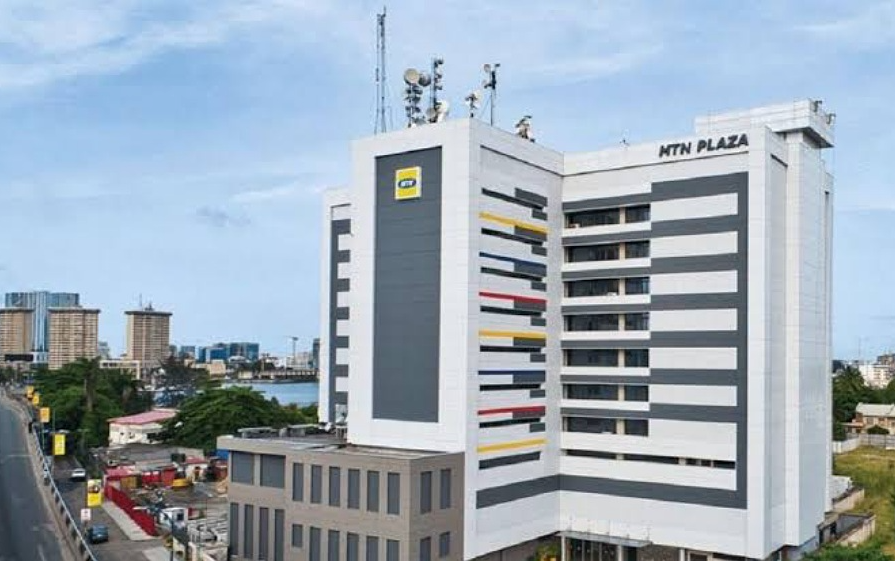Reports of SIM card blackouts in a government effort to quell continuous demonstrations have led MTN Nigeria and several other indigenous telecom companies to be at the centre of an intense subscriber backlash. The dispute has raised questions about government intervention, consumer service, and regulatory compliance. Here are the companies’ claims, responses, and ramifications for the Nigerian telecoms sector.
Collusion and early blocking assertions
By July 31, 2024, the Nigerian Communications Commission (NCC) has directed telecom providers to cut SIM cards with unregistered NINs. Many consumers, however, claimed that their lines were cut early, suggesting that telecom companies collaborated with the government to quell criticism before the scheduled August 1 demonstrations. Denying the claims, the Association of Licensed Telecom Operators of Nigeria (ALTON) said that the deactivation was a standard policy application.
Read also: #EndBadGovernanceInNigeria protest: MTN, telcos bar network lines
Customer influence and regulatory response
After the outrage, the NCC issued a directive calling for fast restoration of such blocked lines upon learning of the biting effect of unscheduled disconnections. The commission underlined that reactivation will provide consumers more time to confirm their NIN since consumer welfare is the priority. Since most customers make daily transactions and interact via mobile devices, carriers struggle to stay on the right side of the law and serve their users correctly.
Effects on telecom companies
Another major competitor in the market, Airtel Africa, estimated that 4.9 million users had to authenticate their NINs or suffer a financial penalty. The company said it would cooperate with authorities to speed validation and minimise client interruptions. Designed to increase national security and SIM registration database integrity, the NIN-Sim exercise started in December 2020. Harmonised identity, according to Nigerian authorities, will help lower crime, including terrorism and other vices.
Still, the connection system has been problematic and has yet to produce the expected outcomes. Though they satisfied the prerequisites, most customers required assistance in accessing services. Technical problems, poor public awareness efforts, and logistical concerns have all added to the many unhappy users.
Read also: MTN SIM cards disconnected due to incomplete or mismatched NIN registration
Every telecom company has to balance customer delight and regulatory compliance. The current affair shows how carefully these companies have to do so. Like regulatory compliance, a company’s sustainability depends equally on customer happiness.
The current outrage against Nigerian telecom providers over the restriction on SIM card registration sites draws attention to the difficulty of attaining digital regulatory compliance while preserving customer service. These challenges affect consumers and telecom providers since they call for an open system and honest communication. The result of this argument would affect current actors and define the direction of the following initiatives in Nigerian telecom control.
















